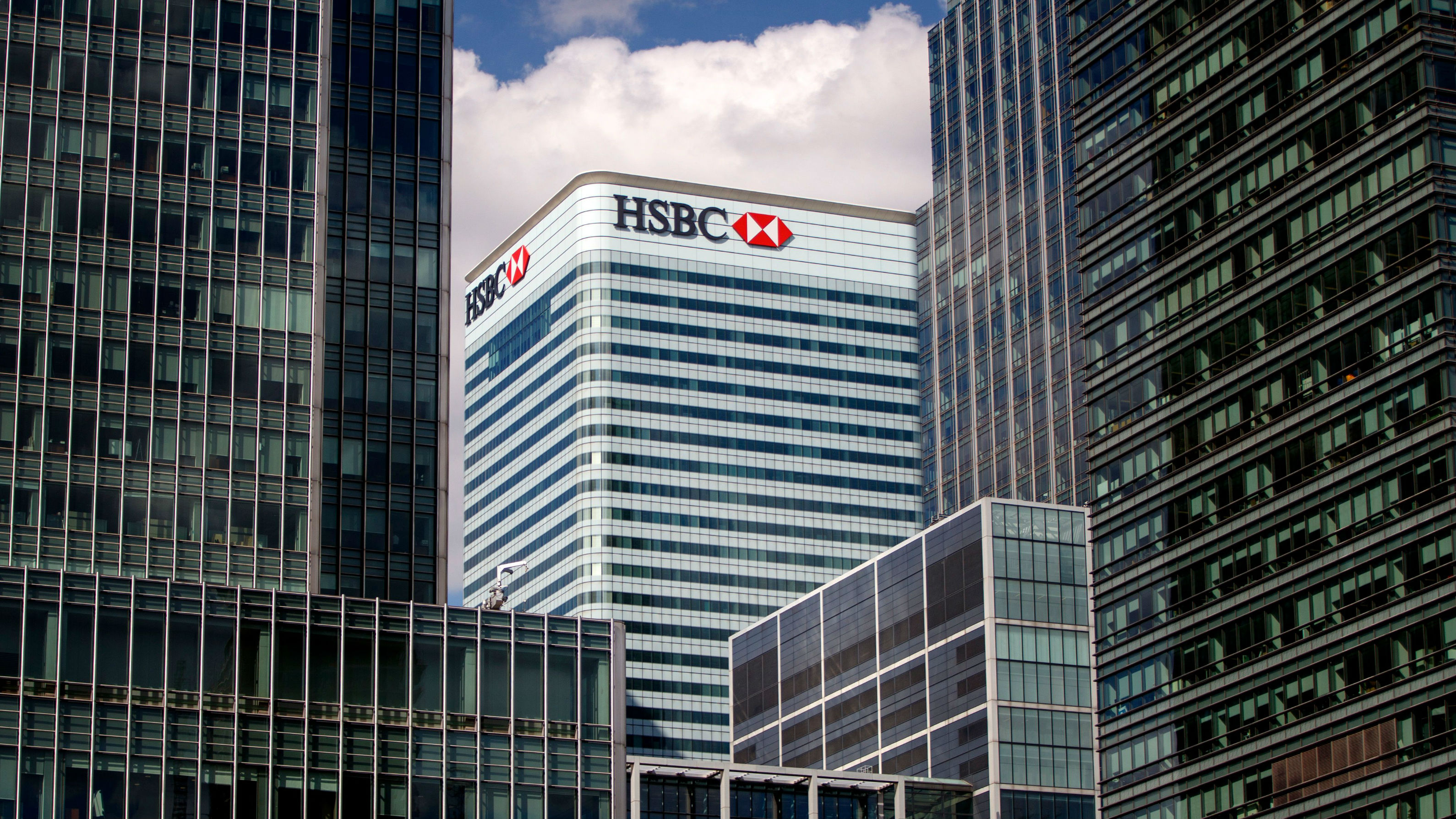What is an open-ended investment fund?
How collective investment can help spread and reduce risk by pooling your money with that of other investors

It's well-known that returns on savings accounts are pitiful right now. It's also well-known that historically, equities have outpaced returns from cash. But the stock market can seem a daunting place if you don't know where to start – even though it might be a good move for your portfolio.
This is where open-ended investment companies (Oeics – pronounced 'oik') come in as a good halfway house. Funds are a collective investment – your money is pooled with that of other investors to spread and reduce risk. They also mean instant diversification to a wide range of stocks. They are typically actively managed, which means a dedicated fund manager will make day-to-day decisions about where and when to invest.
Oeics are called 'open-ended' because there is no set number of shares in issuance. Investors can freely buy and sell shares, and the fund will expand and shrink accordingly. There have been instances when funds have become too large for the fund to be managed effectively though, so it will be soft closed i.e. closed to new money, although this is rare.
The Week
Escape your echo chamber. Get the facts behind the news, plus analysis from multiple perspectives.

Sign up for The Week's Free Newsletters
From our morning news briefing to a weekly Good News Newsletter, get the best of The Week delivered directly to your inbox.
From our morning news briefing to a weekly Good News Newsletter, get the best of The Week delivered directly to your inbox.
There are over 2,500 funds currently on the market, and most will invest along a specific theme. This could be country specific (focusing on UK or North American equities, for example), be sector specific (buying pharmaceutical stocks) or organised by asset class such as equities, bonds or commodities. Although generalist global funds do exist, these invest across different sectors and geographies. Funds will also have a specific aim in mind, i.e. income funds will be suitable for those wanting to draw a regular income from their investments, whereas a growth fund will be suitable for those who want to put their money away and watch it grow over the long term. Although usually, funds will offer both income and accumulation (where the income is re-invested in the fund) share classes.
These types of open-ended investment are incredibly popular with investors. At the end of May, there was £899 billion invested in funds, according to the Investment Association, the industry trade body – a jump from £806 billion a year earlier. Around half of this amount is invested in equity funds.
The cheapest and most convenient way to buy and hold funds is through an online platform such as Alliance Trust Savings, which provides access to thousands of funds (as well as investment trusts, stocks & shares and other investment vehicles) alongside plenty of research too. These fund supermarkets can help you determine your risk appetite and the type of funds that best suit your needs. Most will charge a fee which is a percentage of your total assets, while some will levy a flat fee. You can opt for an execution only platform, i.e. a DIY platform, where you are responsible for the investment decisions, or you can invest via a financial adviser. If you need guidance on risks and returns, you should consider speaking to an independent financial adviser.
Funds carry two prices – the Ongoing Charge Ratio, which goes to the manager to pay for the day-to-day running of the fund, as well as an initial charge, which is the cost of buying into the fund. Some platforms will discount or waive this initial charge to entice investors to buy. Bear in mind that there may also be a performance fee attached to the investment, payable if fund performance hits a certain level. Typically, funds stipulate a minimum lump sum investment of around £1,000, and this can be topped up with a smaller amount each month.
Funds are generally thought of as a flexible investment. Their structure makes it very easy for investors to move in and out of them quickly and easily, even more so if you use a self-invested platform such as Alliance Trust Savings. However you should be aware that most investments should be held for at least 5 years. Using a platform, you can easily hold your investments within an Isa wrapper, meaning returns can be tax-efficient too.
Alongside actively managed funds, there are passive open-ended investments such as tracker funds that track an index. Whereas traditional funds will employ a fund manager to make decisions on investors' behalf, these passive investments will simply track an index such as the FTSE 100. As a result, they're much cheaper as there is less manpower involved, but they can be a risky choice if the market suddenly drops as there is nobody to stop the investment falling with it.
Occasionally, open-ended funds are referred to as 'unit trusts'. The latter is an older form with some small structural differences. Most on the market are being replaced by the modern Oeic, which is what you'll see offered today.
Funds might seem an attractive way to easily access the stock market and usher in better returns for your portfolio, but it's important to spend some time choosing the right funds for your needs, and including them as part of a diversified portfolio.
You should remember that the value of any investment, and the income from them, can fall as well as rise, so investors may not get back the original amount they put in; Alliance Trust does not give advice. You need to ensure that you understand the risks and the commitments before investing and if you're unsure, do consult a financial adviser.
To find out more about investment themes and how to get started with your portfolio, check out Alliance Trust's Investment Focus, which offers insight and knowledge into all areas of investment.
Illustration by Sue Macartney-Snape
A free daily email with the biggest news stories of the day – and the best features from TheWeek.com
-
 6 of the world’s most accessible destinations
6 of the world’s most accessible destinationsThe Week Recommends Experience all of Berlin, Singapore and Sydney
-
 How the FCC’s ‘equal time’ rule works
How the FCC’s ‘equal time’ rule worksIn the Spotlight The law is at the heart of the Colbert-CBS conflict
-
 What is the endgame in the DHS shutdown?
What is the endgame in the DHS shutdown?Today’s Big Question Democrats want to rein in ICE’s immigration crackdown
-
 DORKs: The return of 'meme stock' mania
DORKs: The return of 'meme stock' maniaFeature Amateur investors are betting big on struggling brands in hopes of a revival
-
 Why the catastrophe bond market is growing
Why the catastrophe bond market is growingThe Explainer The bonds pay for climate change disaster damages
-
 What will be Warren Buffett's legacy?
What will be Warren Buffett's legacy?Talking Points Observers call him 'the greatest investor of all time.'
-
 Making money: space diamonds and meteorite collecting
Making money: space diamonds and meteorite collectingfeature ‘The Enigma’ black diamond is expected to sell at auction for £5m
-
 Investing in China: what do the experts think?
Investing in China: what do the experts think?feature Some have been predicting a full-scale ‘China crisis’ for years, while others are spying opportunities
-
 HSBC to cut 35,000 jobs: why profits plunged
HSBC to cut 35,000 jobs: why profits plungedIn Depth British bank announces 33% drop in profits and plans to slash branches in US
-
 Sustainable investment: a round-up of Alliance Trust's collaboration with The Week
Sustainable investment: a round-up of Alliance Trust's collaboration with The Weekfeature From investment basics to the impact of your money on the world around you – a look back on our collaboration with Alliance Trust
-
 Take the stress out of investment
Take the stress out of investmentfeature With the right knowledge and tools, you can create a fertile soil in which your investments can flourish